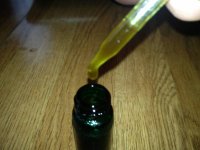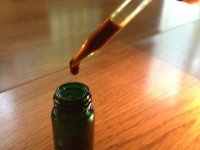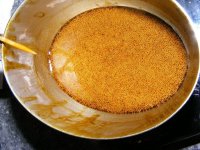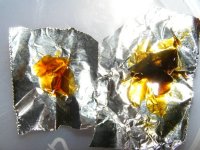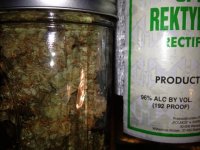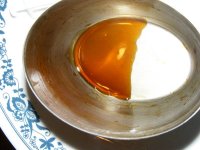This is not on here so here we go. Having researched the use of RSO I find it interesting but wondering if anyone is worried about the use of white gas as the solvent?
Is anyone using other concentrates and what is the difference in taking each and its effects?
I have read that many speak about the rso due to it being extremely potent but it is washed for several minutes in the solvent and that in itself is known to pull out many other chemicals into the mixture.
Are people using wax, shadder, qwiso, bubble as well? In what matter?
Is anyone using other concentrates and what is the difference in taking each and its effects?
I have read that many speak about the rso due to it being extremely potent but it is washed for several minutes in the solvent and that in itself is known to pull out many other chemicals into the mixture.
Are people using wax, shadder, qwiso, bubble as well? In what matter?

